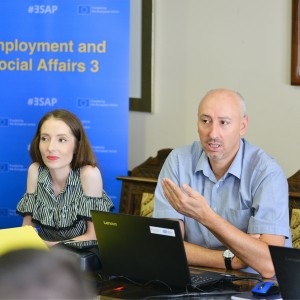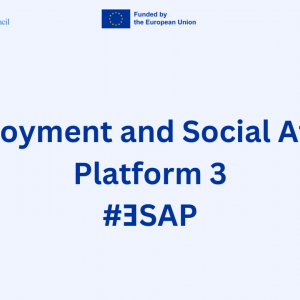Practitioners from the Western Balkans attend ESAP 2 training: RESOLVING LABOUR DISPUTES MORE EFFECTIVELY BENEFITS EVERYONE

Participants of training program on skills for effective dispute resolution
Labour disputes are expensive, time consuming and affect individuals, communities and, subsequently, whole economies. As conflict is inevitable in employment relationships, establishing effective labour dispute resolution processes is one of the keys to minimizing the occurrence and consequences of workplace conflict. Resolving disputes more quickly and more effectively benefits everyone.
With an aim to assist practitioners in improving such processes, the International Labour Organisation (ILO) organised a training program on skills for effective dispute resolution. These two one-day trainings were organised under the European Union funded Employment and Social Affairs Platform (ESAP) 2 project in Belgrade on October 7 and 8, 2021.
A total of 56 members (19 men and 37 women) of the Amicable Settlement of Labour Disputes Network and mediators from five Western Balkans economies attended these trainings. Mr. Peter Harwood, former Chief Conciliator at Advisory, Conciliation and Arbitration Service in the UK, with around 30 years of experience, and Mr. Sylvain Baffi, ILO International Training Centre official, delivered the training.
Mr. Peter Harwood and Mr. Sylvain Baffi
Training sought to improve participants’ skills in building rapport and empathy, and focused on experiential learning. Participants learned about dispute resolution in practice: behaviours standing in the way of effective dispute resolution and those fostering dispute resolution. Additionally, they defined biases and assumptions routinely encountered in human behaviour and discussed how they affect the outcomes of dispute resolution.
“Trainings for effective labour dispute resolutions such as this one are of utmost importance for the work of all Agencies. Because, only by exchanging our experiences and good practices can we find the best solutions” said Mrs. Zdenka Burza, Director of the Agency for Amicable Settlement of Labour Disputes in Montenegro.
Mrs. Burza commended especially the ILO as an organisation that, when organising events and trainings, “contacts us to ask what we need in practice, what still remains unclear and helps us get answers to our questions”.
“Trainings organised by the ILO where we hear from successful conciliators with many years of professional experience are definitely of invaluable importance for our work. I can only say that I would want this to continue” added Mrs. Burza.
Mrs. Jovana Borjan Lazuta from the Agency for Amicable Settlement for Labour Disputes of Republika Srpska, Bosnia and Herzegovina shares Ms. Burza’s opinion. “This training is one of the best so far. It was excellent. I am really thrilled by the trainers’ knowledge and accessibility,” said Mrs. Borjan Lazuta. “Although I do not work as conciliator, I cooperate with conciliators, arbiters and disputed parties on daily basis. Often when employers call the Agency, we have a role where we try to bring closer different stances before we start the procedure. For sure, things I learned today will benefit and help me in dealing with these situations: how to behave, which questions to ask and which not to ask.
“This was very useful training, especially in terms of exchanging practical experiences. Some of the things we learned at the training we can transfer to our work such as the behavioural psychoanalysis” said Srđan Dobrica, conciliator from the Agency for Amicable Settlement for Labour Disputes of Serbia. Mr. Dobrica has already taken part in several ILO organised trainings and praised events for being current and up-to-date.
The first training session on skills for effective dispute resolution was held on October 7, 2021 and was organised in cooperation with the Agency for Amicable Settlement of Labour Disputes of Republic of Serbia. The second training session was held on October 8, 2021. Both training sessions were delivered by the ILO’s International Training Centre in Turin, Italy.
ESAP 2 is a regional 3-year project funded by the European Union (EU) and implemented by the International Labour Organization (ILO) and Regional Cooperation Council. Through ESAP 2, ILO team supports the Western Balkans economies in developing regional policy and performance tools in the area of labour disputes resolution and industrial relations and supports them to upgrade their case management systems.





